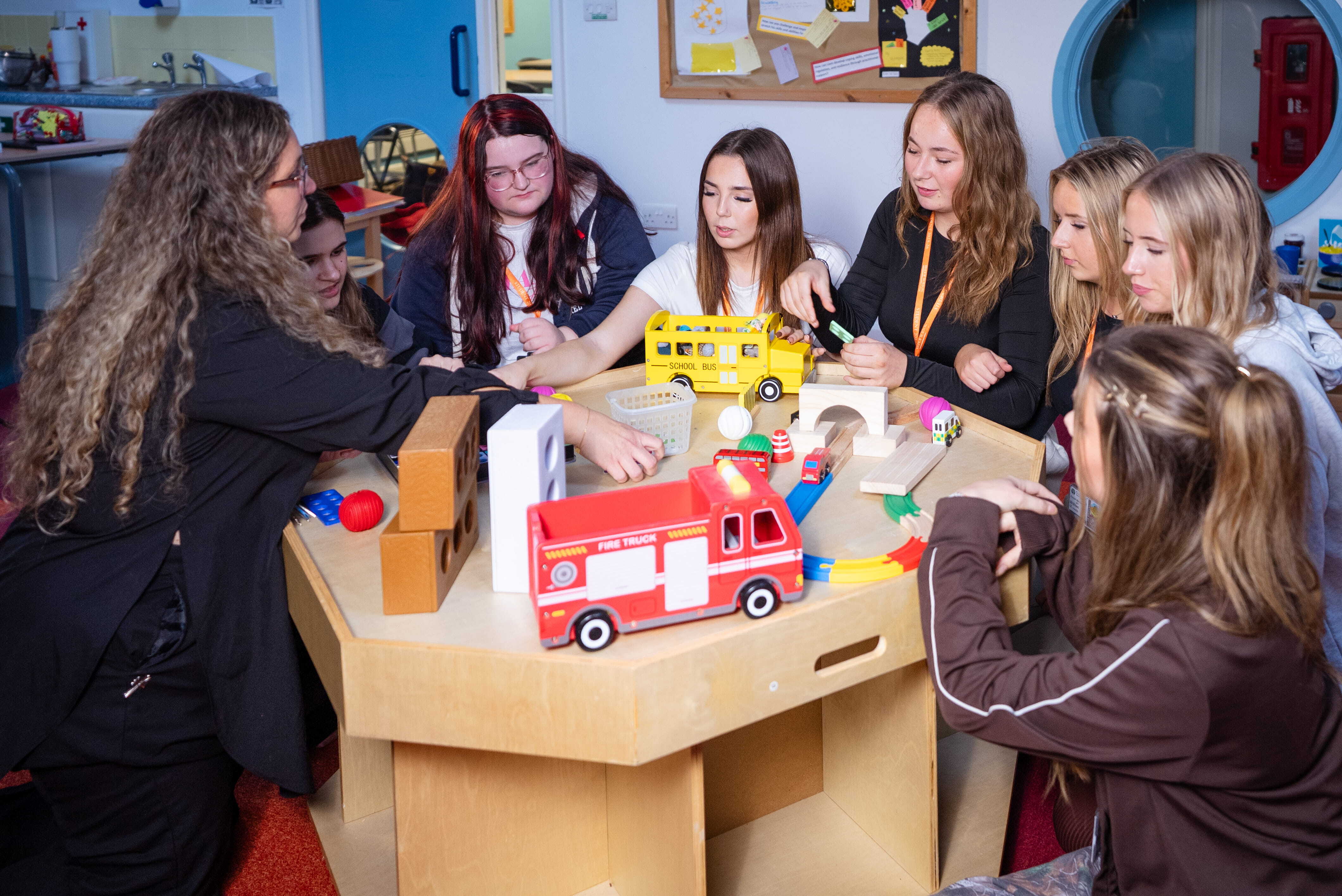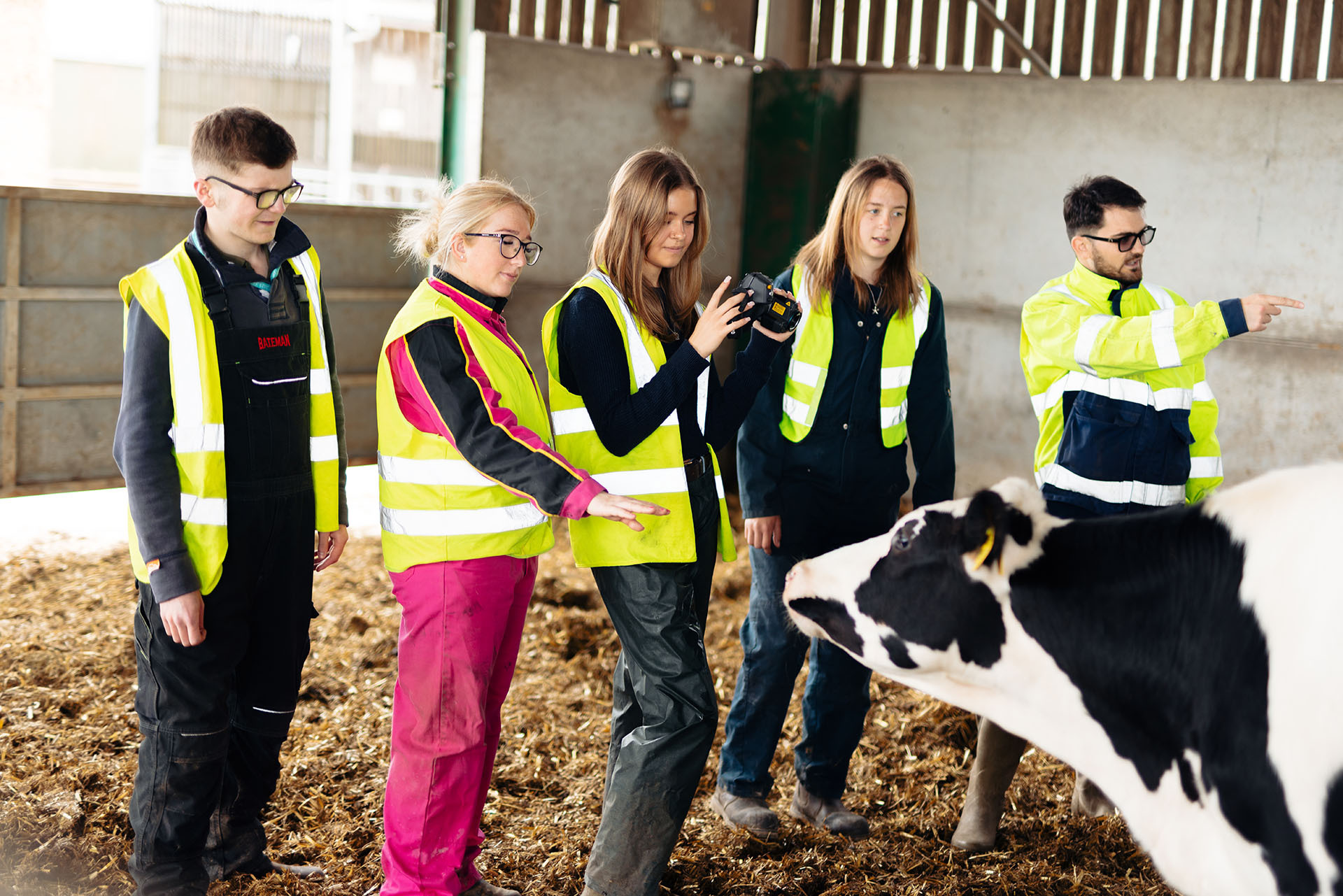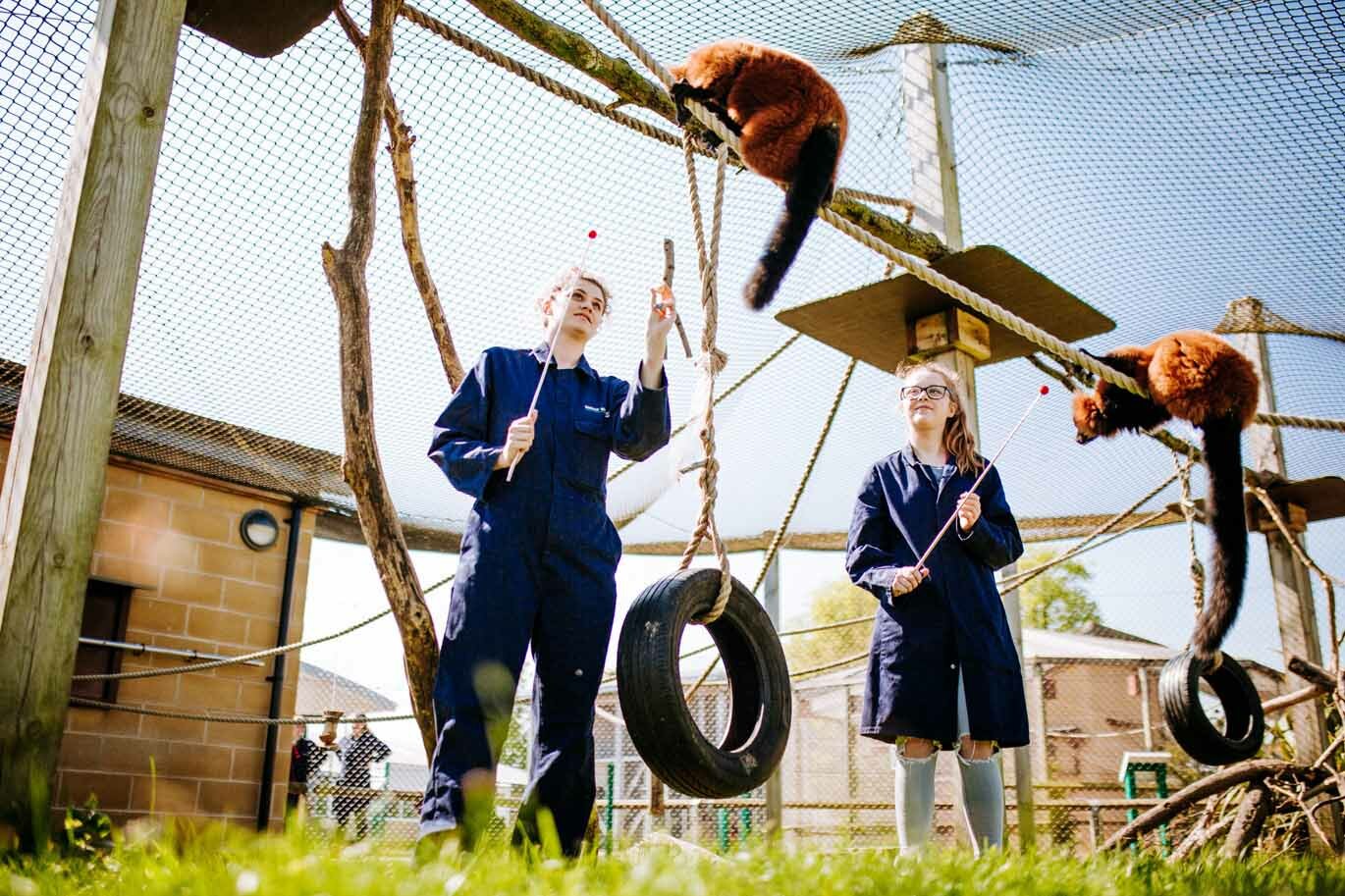Two years of full-time study.
When you complete your T Level you will receive a nationally recognised certificate showing the overall grade you achieved - pass, merit, distinction or distinction*. Your certification will also give details of what you had learnt on the course to help you move into skilled employment or a higher apprenticeship.
Applications at Bishop Burton College are open now. Find out how to apply.
You need to complete a minimum of 315 hours of relevant experience. As such, industry placements last around 45 days. They can be undertaken as a block or as individual days. The specific length of the placement and when it will take place varies depending on the subject you are studying.
T Levels are ideal if you have completed your GCSEs and want to get the knowledge and experience to get a skilled job. If you're not sure, why not come to an Open Event? We can discuss your options with you.
Yes, you can! T Levels get you work-ready, but you can continue studying with a higher apprenticeship or degree.
Yes. T Levels are designed with businesses and employers, to make sure you have the skills and knowledge they are looking for in an employee.
The qualifications you need to study a T Level vary depending on the subject you choose. Check out our T Level course pages for full entry requirements.
T Levels give you the opportunity to experience an industry while you continue your studies, with the opportunity to specialise later. While gaining practical experience you also achieve the qualification needed to move into a higher level of study, if you choose to do so later.
Apprenticeships are paid, work-based training for those who know what occupation they want to pursue. Find out more about apprenticeships.




